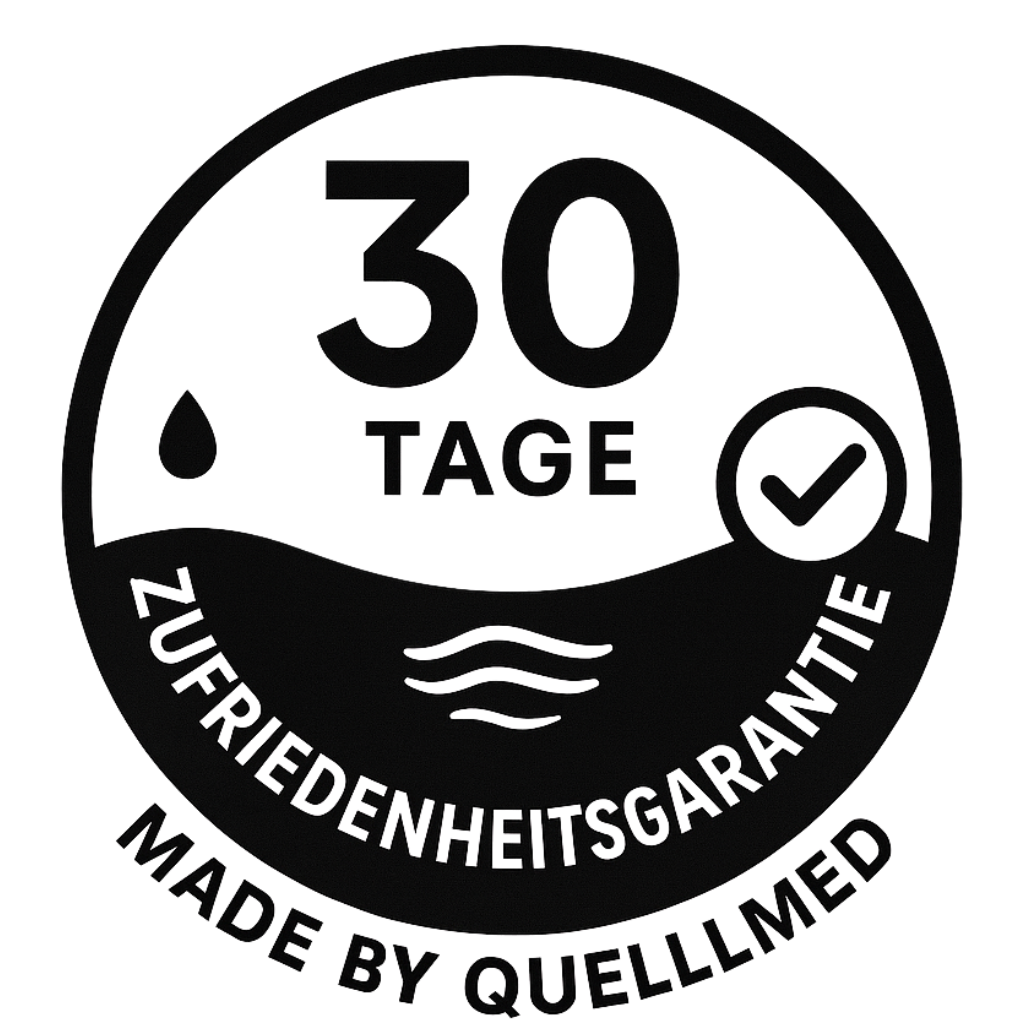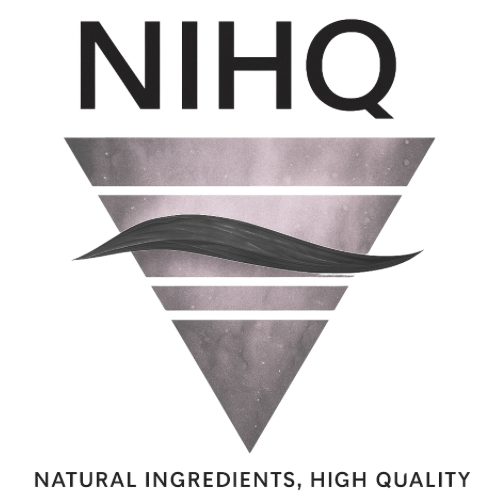
Naturally relieve atopic dermatitis: Holistic tips for healthy skin without medication
Share
Neurodermatitis – also known as atopic dermatitis – affects millions of people worldwide. The itchy, irritated, and often flaky skin can be a major burden in everyday life. Medications and medical care products are essential for many. But what else can you do to strengthen your skin naturally? In this blog post, you'll learn how you can support your skin with diet, lifestyle, home remedies, and stress management – all without side effects.
What is atopic dermatitis actually?
Atopic dermatitis is a chronic inflammatory skin disease in which the skin barrier is compromised. As a result, the skin loses moisture more quickly and reacts sensitively to environmental stimuli. Severe itching, dry patches of skin, redness, and eczema often occur. The causes are varied: genetic predisposition, environmental factors, a weakened immune system—but stress and diet can also play a major role.

Nutrition for atopic dermatitis: The plate as therapy
A proper diet isn't a substitute for medication, but it can help reduce inflammation and strengthen skin from within. Studies show that certain foods have anti-inflammatory effects and can promote other flare-ups.
Recommended:
- Omega-3 fatty acids (e.g. from salmon, flaxseed, chia seeds, walnuts)
- Antioxidant-rich foods (e.g. berries, green leafy vegetables, broccoli)
- Fiber (promotes intestinal health and thus the immune system)
- Drink plenty of water to hydrate the skin internally
Avoid:
- Sugar & white flour products (promote inflammation)
- Cow's milk, eggs, wheat – common allergens (get tested individually!)
- Ready-made products & artificial additives
💡 Tip: A food diary can help you identify personal triggers.
Stress relief – healing for body and skin
Stress is considered one of the most potent triggers for atopic dermatitis flare-ups. The connection is scientifically well-documented: Stress activates the immune system and intensifies inflammatory reactions in the skin.
What helps against stress?
- Yoga & Meditation : Just 10 minutes a day can make a difference.
- Breathing exercises : Can be quickly implemented in everyday life – e.g., the 4-7-8 breathing pattern.
- Walks in nature : light, air and movement have a calming effect.
- Digital Detox : Less screen time – more real relaxation.
Home remedies & natural helpers from the kitchen
Nature offers some proven remedies that can help relieve itching, reduce inflammation, and soothe the skin:
- Black tea : Cooled compresses have a mild antibacterial and anti-itch effect.
- Aloe Vera Gel (pure) : Cooling, anti-inflammatory and moisturizing.
- Oatmeal baths : Relieve itching and strengthen the skin barrier.
- Coconut oil : Mild antimicrobial and moisturizing for dry skin.
- Dead Sea salt baths : Minerals soothe irritated skin (do not use on open wounds).
📝 Caution: Even natural ingredients can cause irritation. Test on a small area first!
Clothing, climate & care: everyday tips for sensitive skin
Sometimes it’s the little things in everyday life that have a big impact:
- Wear natural materials like cotton or silk – no wool on your skin!
- Use fragrance-free detergents and no fabric softener.
- Optimize indoor climate : Use humidifiers, especially in winter.
- Short, lukewarm showers instead of hot baths – don’t dry out your skin further.
- Keep your hands off the itch : Cotton gloves at night can help.
Gut health: Why your stomach affects your skin
A healthy gut means a strong immune system—and this plays a key role in atopic dermatitis. More and more studies indicate that the microbiome (the totality of gut bacteria) also influences skin health.
Gut-friendly diet:
- Probiotics : e.g. in natural yogurt, fermented vegetables, kefir
- Prebiotics : Fiber such as psyllium, chicory, onions, garlic
- Avoid highly processed foods that can damage the microbiome
Conclusion: Natural healing is possible – but individually
Atopic dermatitis is complex – and what works for one person may not work for another. However, natural remedies can have a significant impact if they are individually tailored and integrated into everyday life.
It's important to note that these natural methods are not a substitute for medical treatment—but they can be a wonderful complement to it. In the long term, the goal is to better understand your own body, identify triggers, and thus promote holistic well-being.
Your checklist for natural relief from atopic dermatitis:
✔ Eat anti-inflammatory foods
✔ Reduce stress
✔ Test gentle home remedies
✔ Minimize environmental stimuli
✔ Promote intestinal health
If you liked this article, please share it with other affected people – because sometimes it is just this one tip that brings someone relief and gives them new courage.






